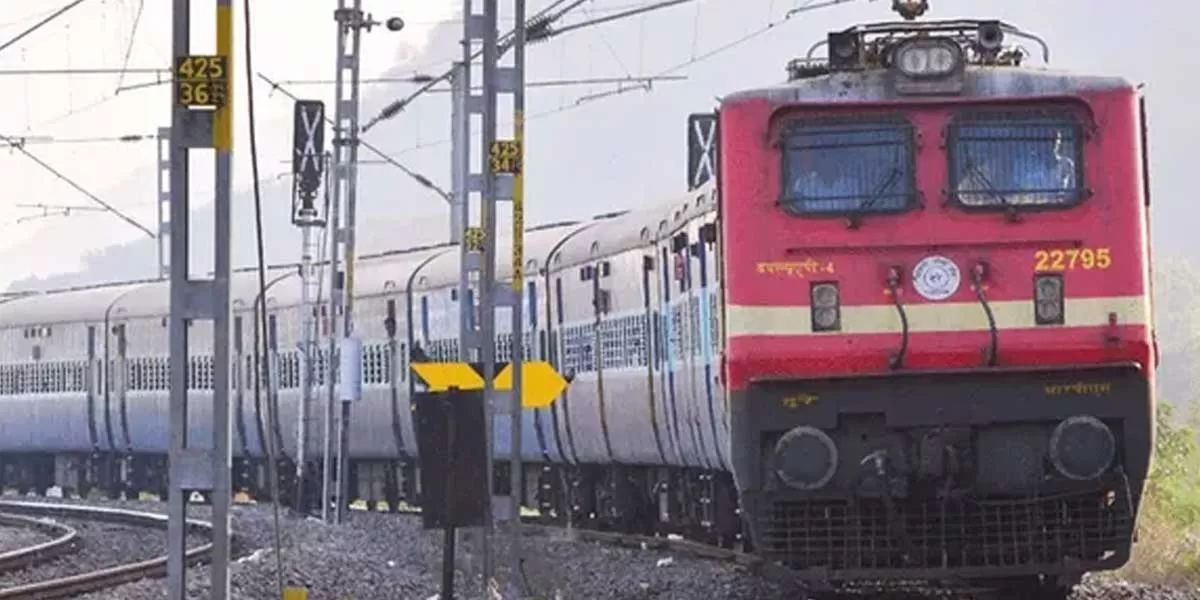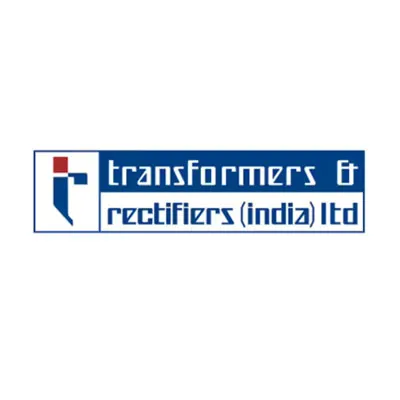

World Cement Association Names Philippe Richart as CEO
The World Cement Association (WCA) has announced the appointment of Philippe Richart as its new Chief Executive Officer, marking a leadership transition at a time of significant change for the global cement industry. Richart succeeds Ian Riley, who joined the Association in 2019 and played a key role in strengthening WCA’s position as an independent and credible voice for cement producers worldwide.Richart brings more than 30 years of international leadership experience in the cement sector, with extensive exposure across Asia, Africa and Europe. He began his professional career as a constru..

TARIL Q3 FY26 Revenue Jumps 32% to Rs 7.36 Bn, Profits Surge
Transformers & Rectifiers (India) (TARIL) reported a robust financial performance for the third quarter ended December 31, 2025, posting strong growth across revenue and profitability metrics. The company, a leading manufacturer of power and specialty transformers, benefited from improved operating leverage, disciplined execution and ongoing process optimisation initiatives.During the quarter, TARIL recorded consolidated revenue from operations of Rs 7.36 billion, marking a year-on-year growth of 32 per cent. EBITDA stood at Rs 1.29 billion, up 38 per cent year-on-year, while profit after ..

Green Power International Wins 384 TKM Rail Electrification Deal
Green Power International has secured a 384 track kilometre (TKM) overhead electrification contract from South-Eastern Railway for the Adra Division, further strengthening its presence in India’s railway electrification segment. The project involves upgrading the existing electric traction system from 1x25 kV to 2x25 kV on key routes within the division.Under the contract, Green Power International will undertake the design, supply, erection, testing and commissioning of the upgraded traction system for the Asansol–Adra–Bhojudih–Dhanbad section. The scope of work will be executed in ac..
















